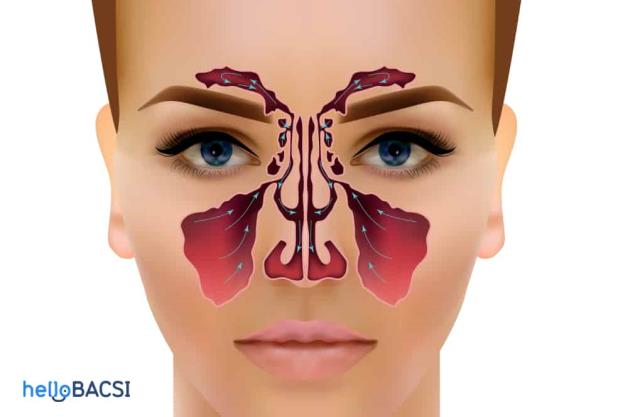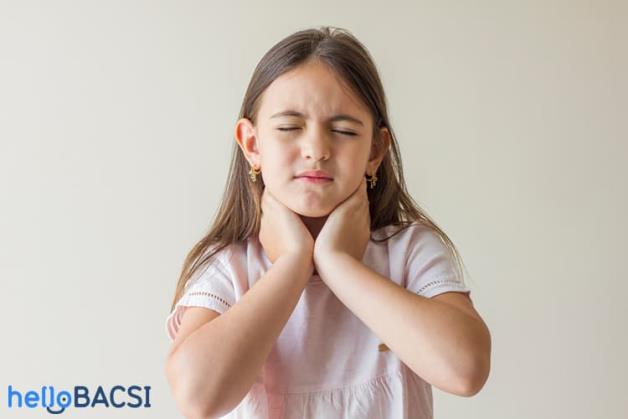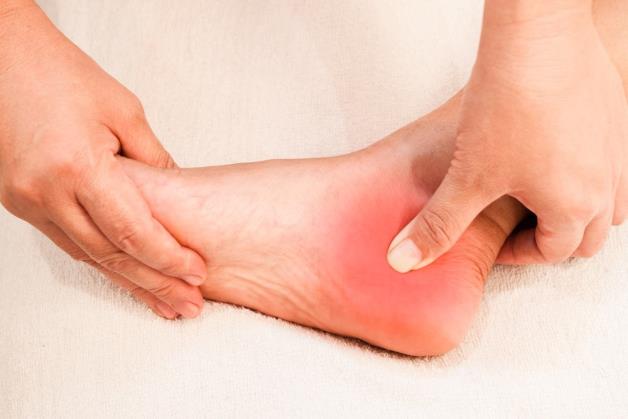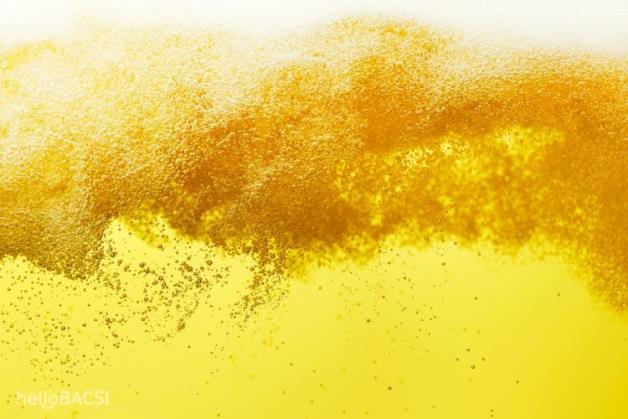Polysinusitis, a severe form of sinus inflammation affecting multiple cavities simultaneously, poses significant health risks if untreated. Viral, bacterial, fungal infections, and allergies are primary triggers requiring targeted treatment strategies.
Key Takeaways: Polysinusitis Management
- Recognize persistent symptoms lasting over 10 days
- Seek diagnostic imaging for accurate assessment
- Combine medical treatments with saline irrigation
- Address underlying allergies or nasal abnormalities
Understanding Polysinusitis
Your paranasal sinuses - four paired air-filled cavities - play crucial roles in respiratory health by humidifying inhaled air and enhancing vocal resonance. When all sinus groups (maxillary, ethmoid, frontal, sphenoid) become inflamed simultaneously, polysinusitis occurs.

Recognizing Polysinusitis Symptoms
| Acute Symptoms (0-4 weeks) |
Chronic Symptoms (12+ weeks) |
- High fever (101°F+)
- Severe facial pressure
- Purulent nasal discharge
|
- Persistent postnasal drip
- Chronic fatigue
- Reduced olfactory function
|
According to AAAAI, 12% of adults experience chronic sinusitis symptoms annually.
Primary Causes & Risk Factors
Common Pathogens
- Bacterial: Streptococcus pneumoniae (35% cases)
- Viral: Rhinovirus, influenza
- Fungal: Aspergillus species
Anatomical Risks
- Deviated septum (22% prevalence)
- Nasal polyps (4% general population)
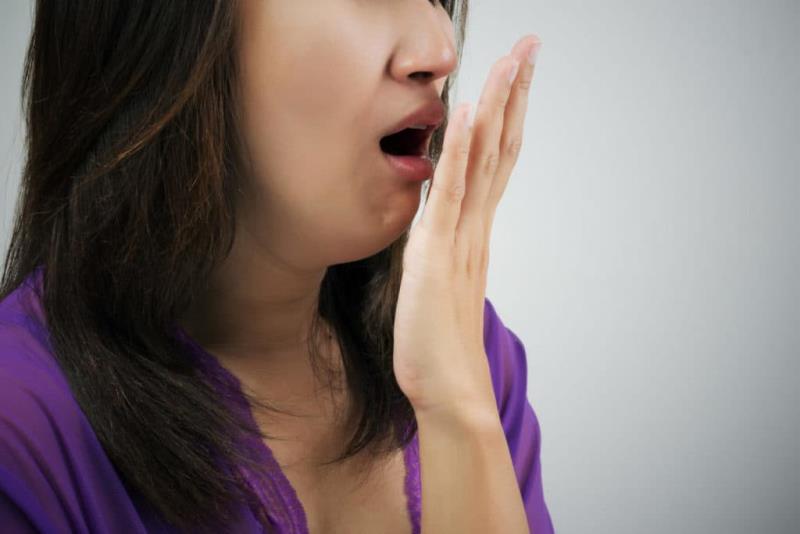
Advanced Diagnostic Approaches
- CT Scan: Gold standard with 97% accuracy
- Nasal Endoscopy: Direct visualization
- Culture Tests: Identify pathogen types
Effective Treatment Protocols
| Medical Treatments |
Home Remedies |
- Amoxicillin-clavulanate (first-line antibiotic)
- Corticosteroid nasal sprays
- Immunotherapy for allergies
|
- Hypertonic saline irrigation
- Steam inhalation 2x daily
- Turmeric supplements (curcumin)
|

Preventing Complications
- Complete prescribed antibiotic courses
- Use HEPA filters for allergen control
- Maintain nasal humidity >40%
When Surgery Becomes Necessary
Endoscopic sinus surgery (ESS) demonstrates 85% success rates for patients with:
- Nasal polyps unresponsive to steroids
- Severe septal deviations
- Recurrent infections (4+ annually)
